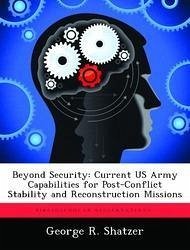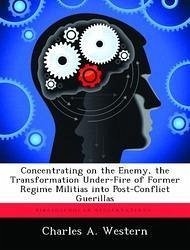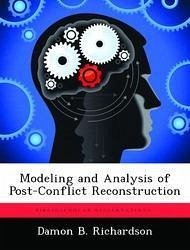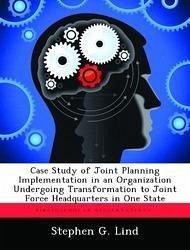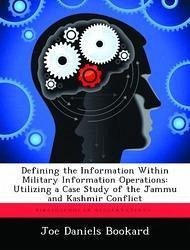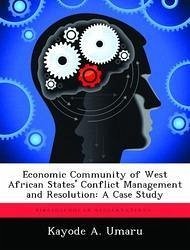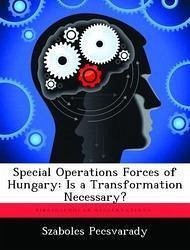Nicht lieferbar
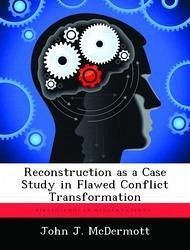
Reconstruction as a Case Study in Flawed Conflict Transformation
Versandkostenfrei!
Nicht lieferbar
The U.S. involvement in Afghanistan and Iraq demonstrates that in the twenty-first century the U.S. will become more involved in stability operations as it continues to deny sanctuaries for transnational and non-state threats. The reprioritizing of stability operations and current operations has led the military to realize that a more comprehensive and inclusive process for building post conflict peace needed to be developed. A new framework referred to as Amnesty, Reconciliation, and Reintegration (AR2) addresses this. The framework explains that a lasting peace is built or shaped by enabling...
The U.S. involvement in Afghanistan and Iraq demonstrates that in the twenty-first century the U.S. will become more involved in stability operations as it continues to deny sanctuaries for transnational and non-state threats. The reprioritizing of stability operations and current operations has led the military to realize that a more comprehensive and inclusive process for building post conflict peace needed to be developed. A new framework referred to as Amnesty, Reconciliation, and Reintegration (AR2) addresses this. The framework explains that a lasting peace is built or shaped by enabling a common societal level change to take place. This societal level change is brought about by reforming or creating new and inclusive elements of society that generally fall into the economic, political, or security dimensions of society. The monograph examines the policies of the two different Reconstruction plans executed in the United States after the U.S. Civil War though the lens of AR2. The Reconstruction case study provides an example of how a failure to understand the interaction of the different societal dimensions prevents a lasting peace from being built.






